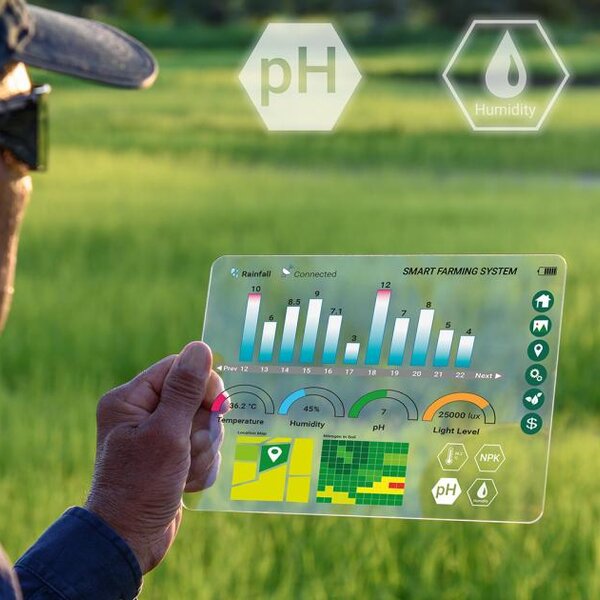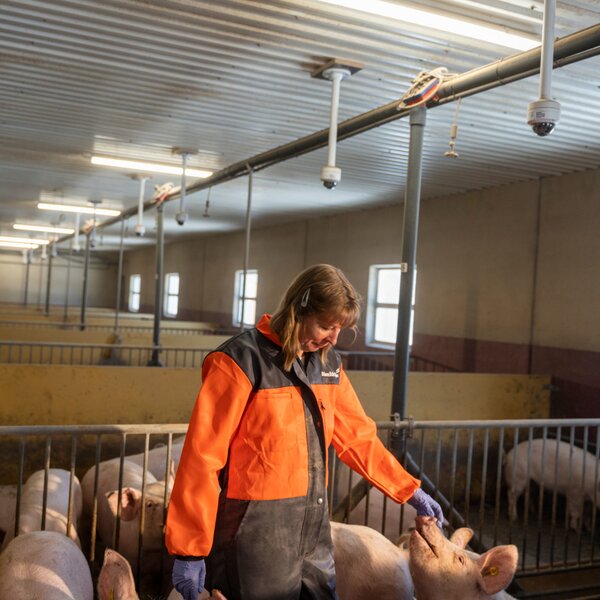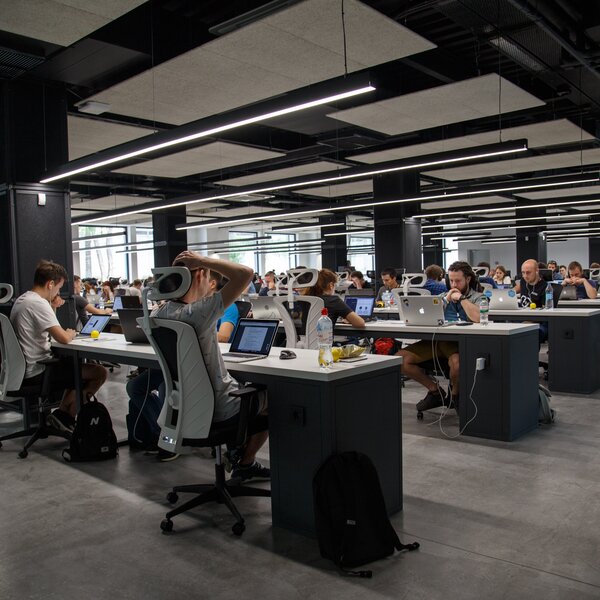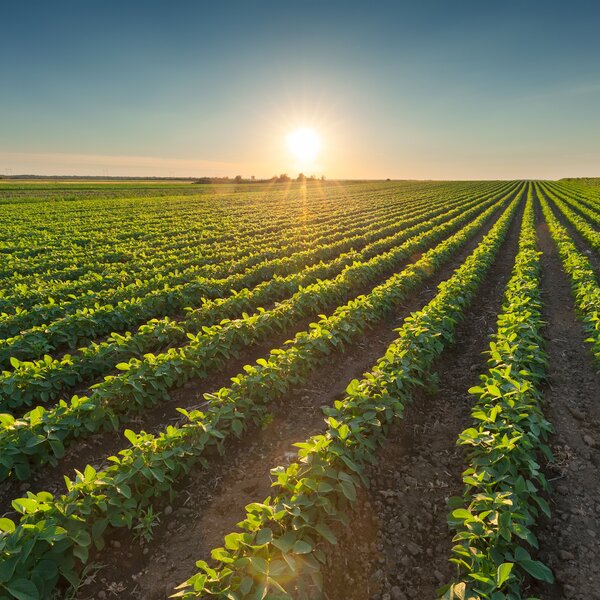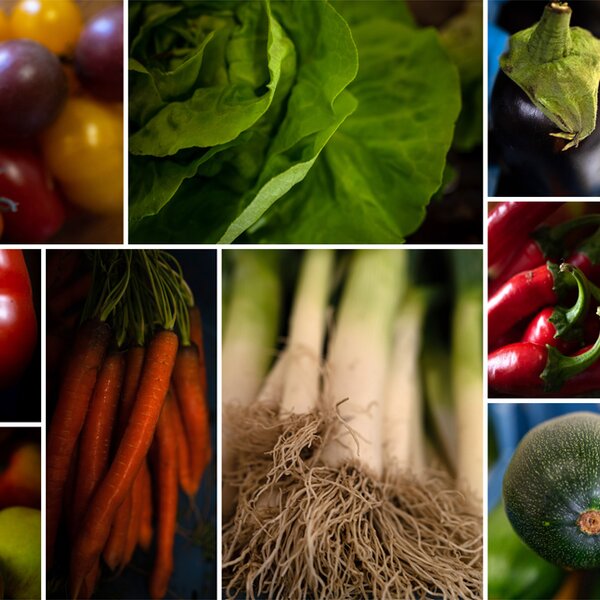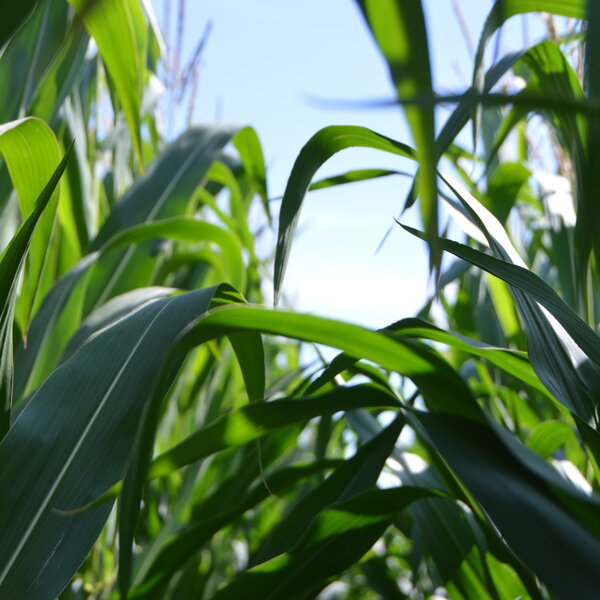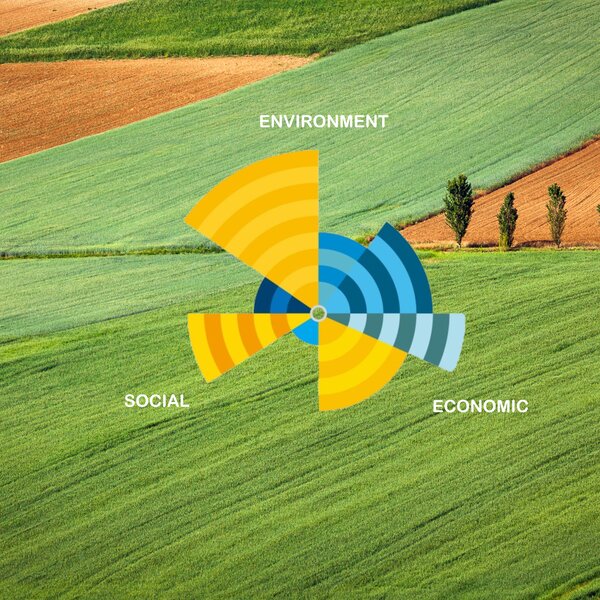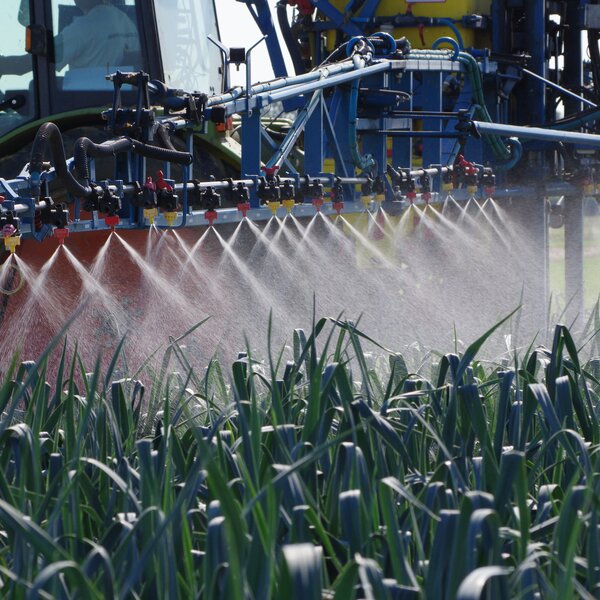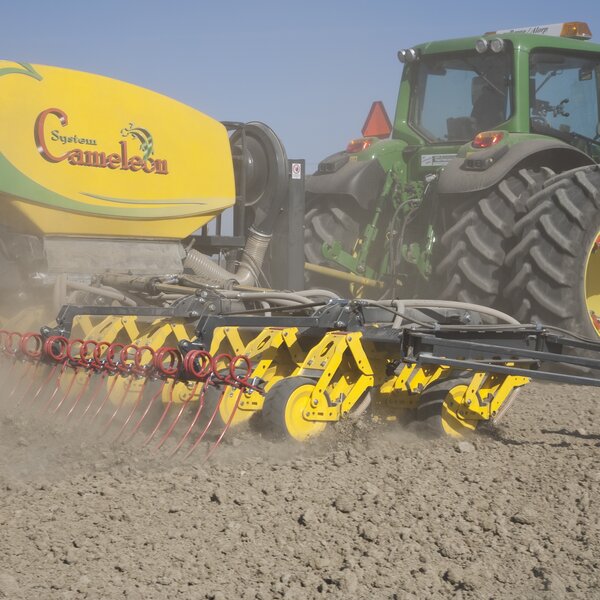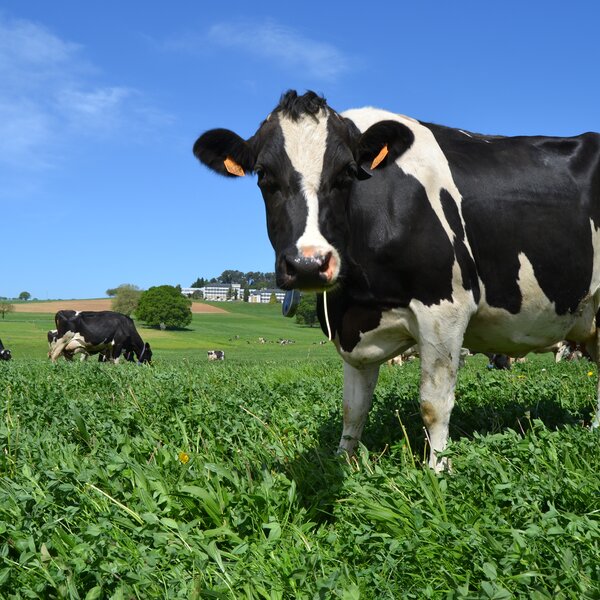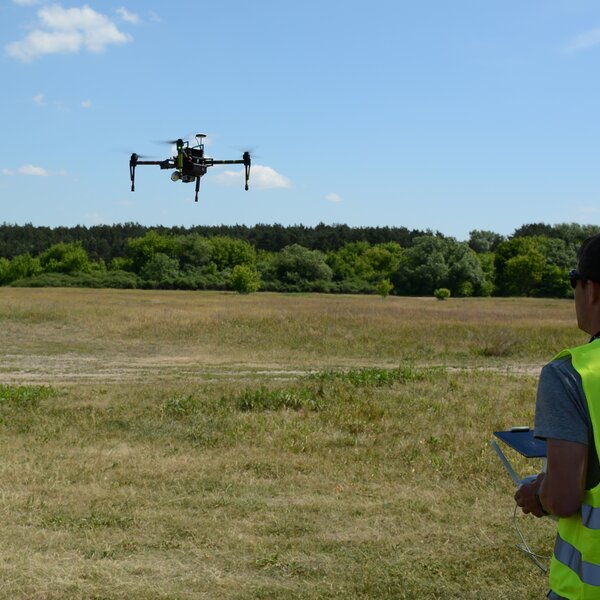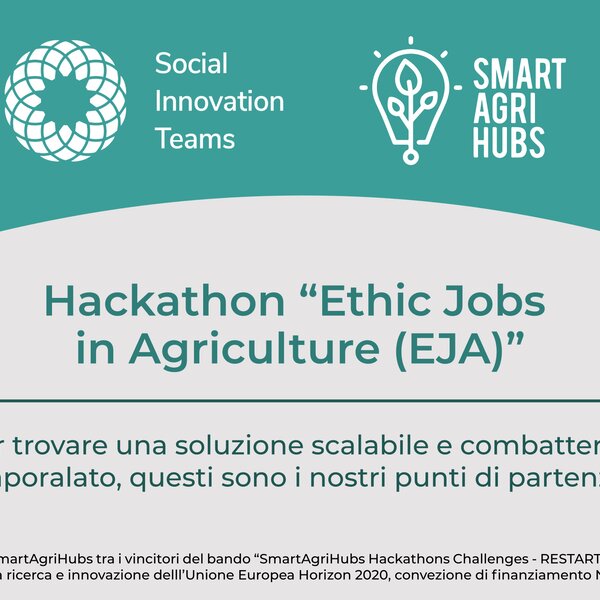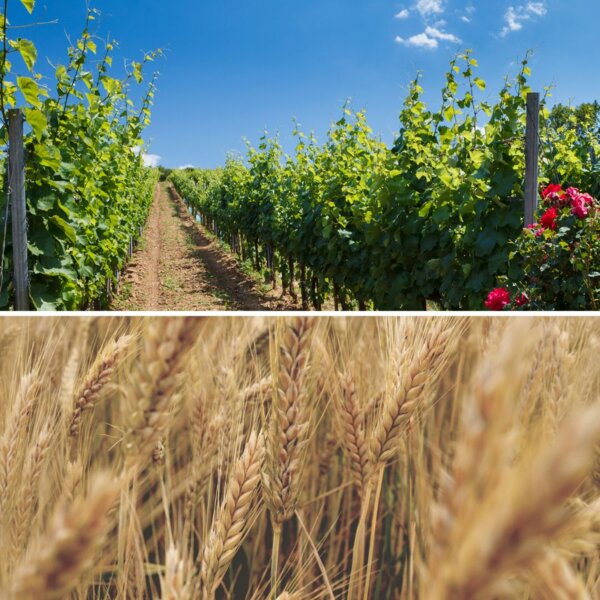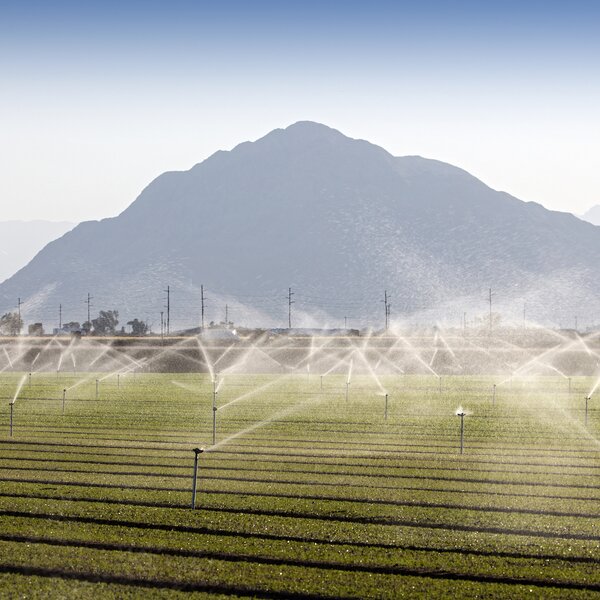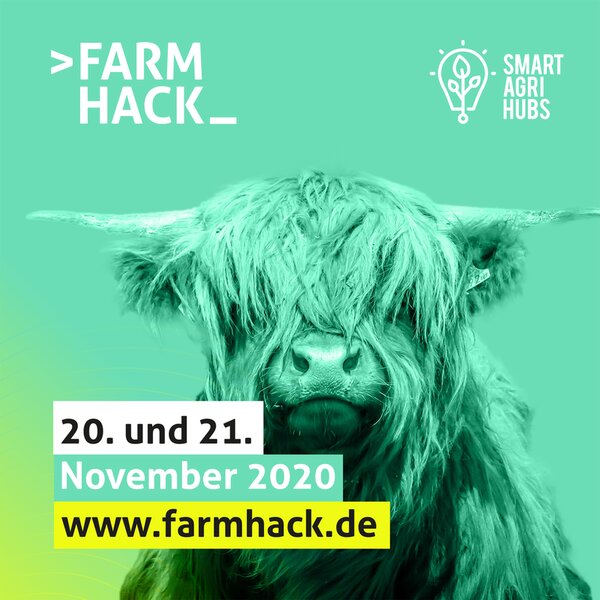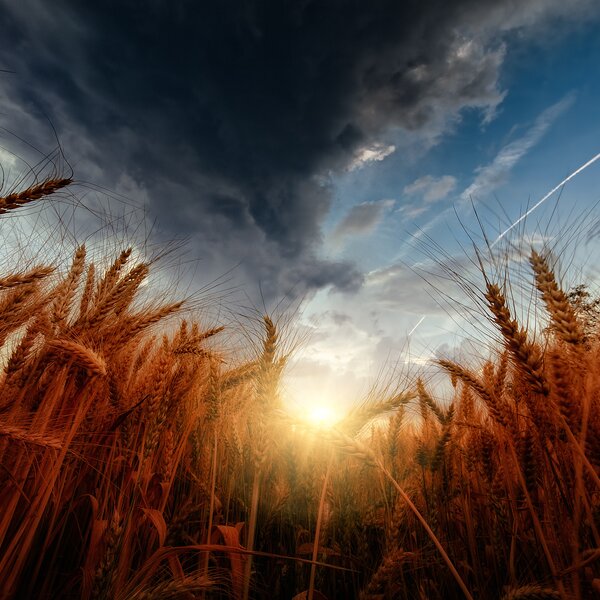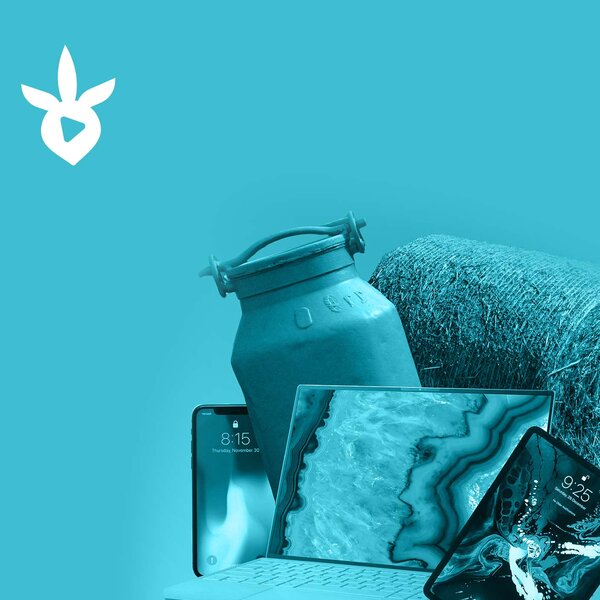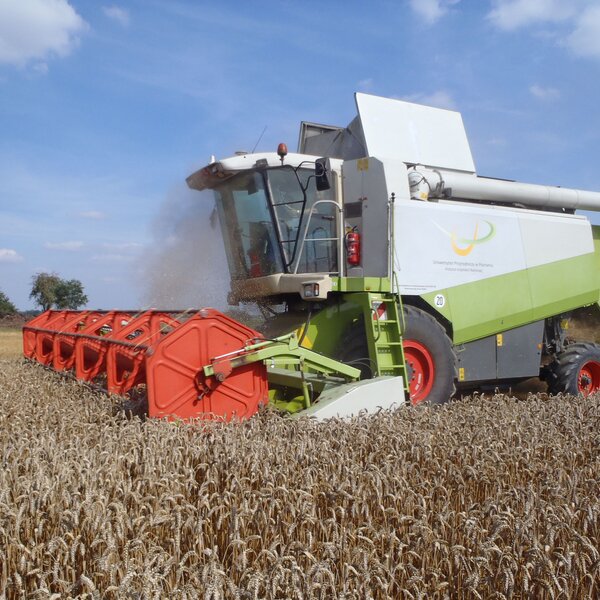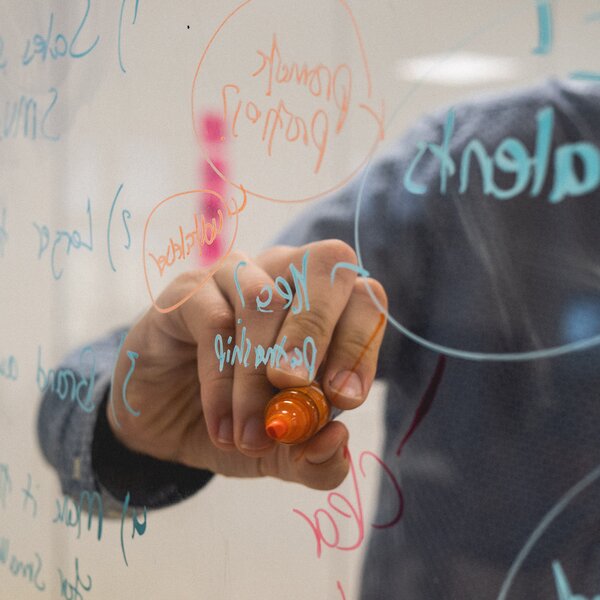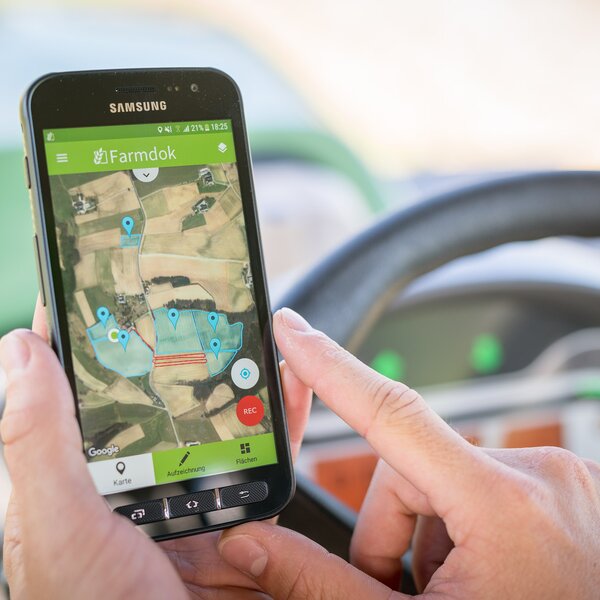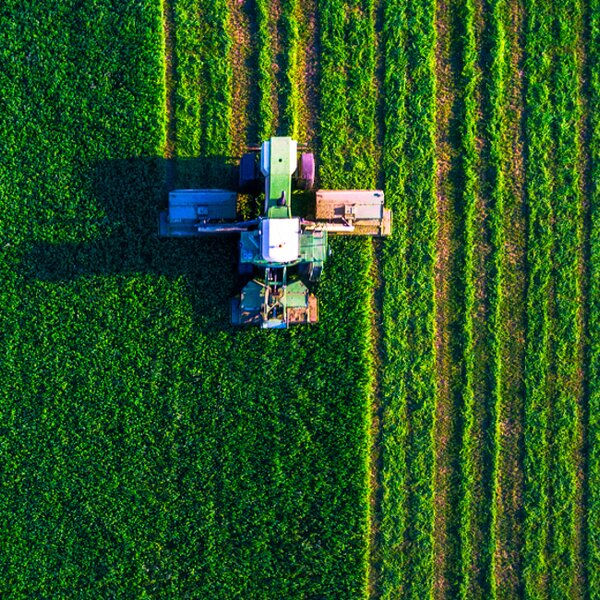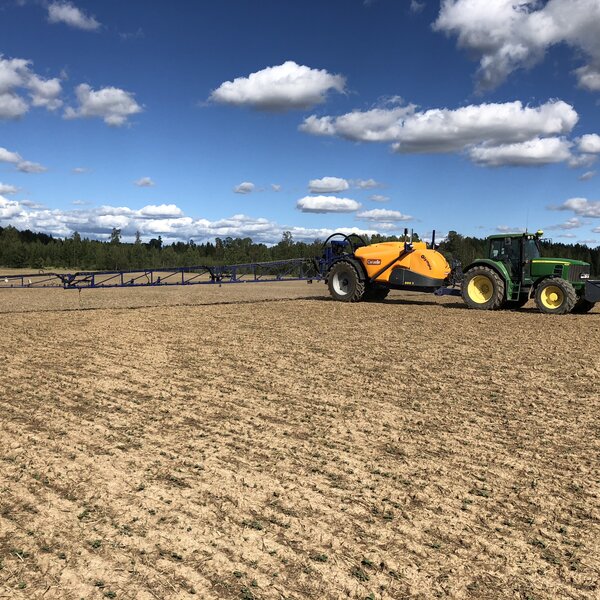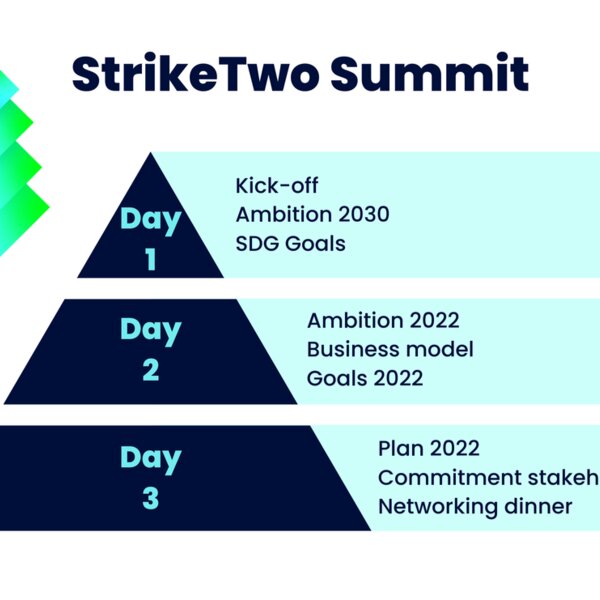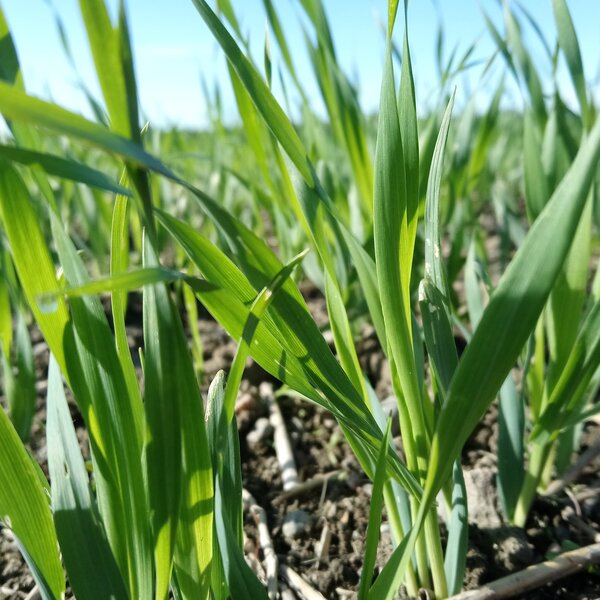Arable farming entails the production of (among others) cereals, corn and potatoes - crops at the basis of the daily meals of many Europeans. The production of animal feed is also part of the arable farming sector. The sector represents a large share of the EU’s arable land, no less than 24% and the annual turnover of the sector is more than €1 trillion. In fact, all 28 member countries produce arable crops. This sector therefore plays an important role in the European economy.
However, the sector also knows its challenges. Changing weather conditions ask for crop varieties that can resist diseases, and fluctuating markets demand a stable yield and supply. Moreover, at the same time the EU’s growing population asks for improved production efficiency, while ensuring a clean environment and reduced C02 emissions.
To take on these challenges, technology is essential: Digital Innovation Hubs use technology to help optimise machinery, increase transparency in the crop value chain, help make decisions on irrigation and other inputs, and to measure ground water and weather conditions. This is all done in pursuit of the creation of an efficient and sustainable arable farming sector.
